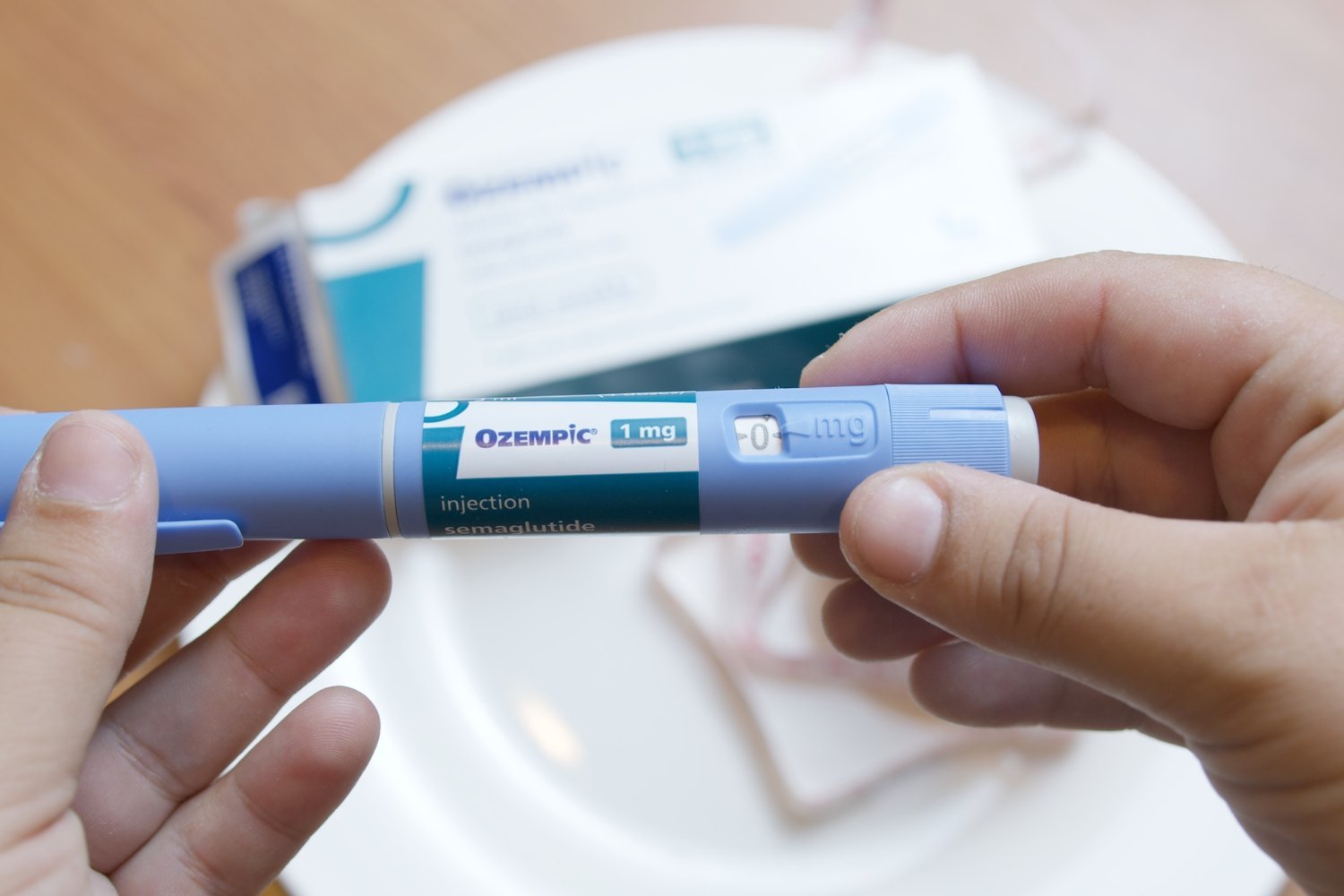GLP-1 receptor agonists, a class of drugs used to treat type 2 diabetes and obesity, have shown a promising link to a reduced risk of dementia in individuals with type 2 diabetes. A recent study published in JAMA Neurology analyzed data from multiple clinical trials and found a significant association between GLP-1 therapy and a lower incidence of dementia diagnosis. This adds to a growing body of research suggesting the potential of these drugs in dementia prevention.
Popular GLP-1 receptor agonists like Ozempic and Wegovy, containing the active ingredient semaglutide, mimic the naturally occurring hormone GLP-1. This hormone plays a crucial role in regulating blood sugar levels and appetite. While initially approved for managing blood sugar in type 2 diabetes, these medications are now widely prescribed for obesity treatment as well.
Individuals with poorly managed diabetes face a heightened risk of developing Alzheimer’s disease and other forms of dementia. Furthermore, clinical trials have demonstrated the effectiveness of GLP-1 therapy in reducing the risk of cardiovascular disease, another known risk factor for dementia. Despite these connections, robust evidence supporting the use of GLP-1 drugs for dementia prevention has been limited until recently.
The Irish-led research team behind the new study conducted a comprehensive review of 23 randomized, placebo-controlled trials. These trials encompassed approximately 160,000 participants and specifically monitored the development of dementia or cognitive impairment throughout the study period. While the analysis of all glucose-lowering medications didn’t reveal a statistically significant link to reduced dementia risk, a closer examination of individual drug classes highlighted the potential of GLP-1 drugs.
This study isn’t the first to suggest a protective effect of GLP-1 therapy against dementia. Earlier this year, research indicated that liraglutide, another GLP-1 drug, could potentially slow brain shrinkage in individuals with Alzheimer’s disease. Another review published in 2023 pointed to possible metabolic and neuroprotective benefits of GLP-1 drugs in Alzheimer’s patients.
The precise mechanism by which GLP-1 receptor agonists might protect against dementia remains unclear. Some scientists hypothesize that these drugs may reduce inflammation or enhance communication between brain cells. The magnitude of this protective effect, if confirmed, also needs further investigation.
Encouraged by the preliminary findings, Novo Nordisk, the manufacturer of Ozempic and Wegovy, has initiated two large-scale phase III clinical trials. These trials are evaluating semaglutide in individuals with early-stage Alzheimer’s disease and are anticipated to conclude next year. The results of these trials are eagerly awaited and are expected to provide more definitive answers regarding the role of GLP-1 drugs in dementia prevention.
In conclusion, while further research is needed, the accumulating evidence suggests a promising role for GLP-1 receptor agonists in reducing the risk of dementia, particularly in individuals with type 2 diabetes. The ongoing clinical trials will be crucial in solidifying this potential and shaping future treatment strategies for dementia.











